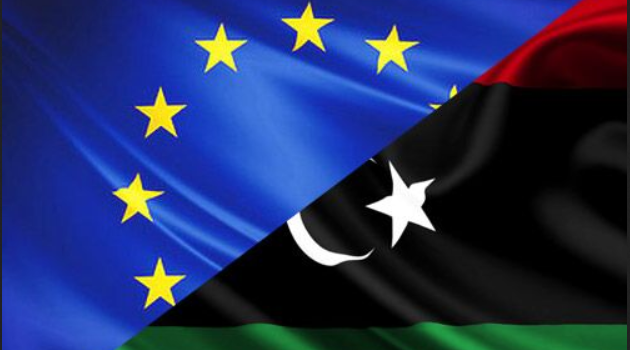Libya is engaging in relations with the EU through a project to improve the quality of vocational education.
Members of the Libyan Ministries of Labour and Education, represented by the National Board for Technical & Vocational Education, gather on 29 and 30 January 2018 with the EU Delegation in Libya and the European Training Foundation to discuss a new commitment to improve Libya’s vocational education system.
Together with members of municipalities, trade unions and chambers of commerce, the representatives will plan the launch of an EU-Libya pilot action to involve the country in the ‘Torino Process’ – a structured exercise coordinated by the ETF to help EU neighbouring countries take stock of the state of their vocational education systems in order to frame strategies for improvement.
According to the latest data, most native Libyans work in the public sector (around 70%), while many migrants provide the professionally-skilled workforce to undertake manual work.
Ambassador Bettina Muscheidt, Head of the EU Delegation in Libya, said:
“Rebuilding a country implies having a skilled, committed workforce capable of taking changes on board. The small number of Libyans active in the private sector shows improvements are needed to match education with employment needs.
"Libya’s come back to the Torino Process is the sign that, despite current challenges, the country prepares new opportunities for their future. Focusing on such systems is the way to equip Libya’s workforce with the right skills for the labour market, and drive the country towards more prosperity and stability.”
The ETF’s Director, Cesare Onestini, added:
“Whether it is repairing roads, securing power networks or upgrading sanitation, rebuilding a country requires a skilled workforce with the know-how to make transition a reality. Upgrading vocational education is key to supporting Libyans in their path towards more political stability, and a life of dignity.
"As the EU Agency dealing with human capital development in the neighbouring countries, the ETF can provide the expertise to support the country in its efforts."
(Source: EU)





